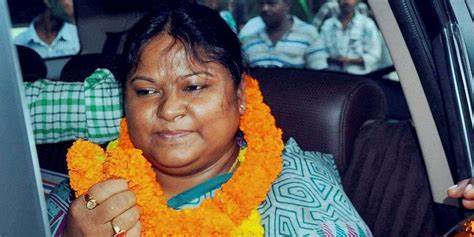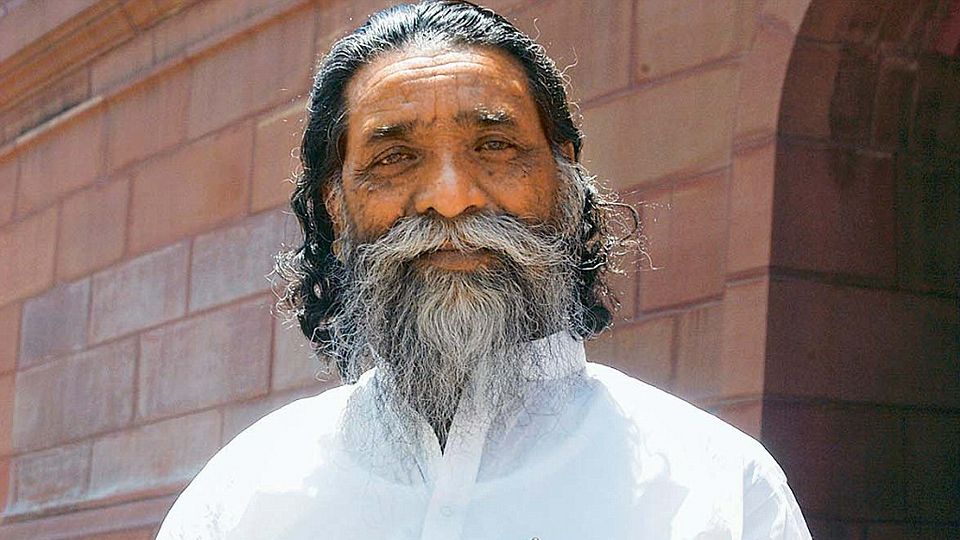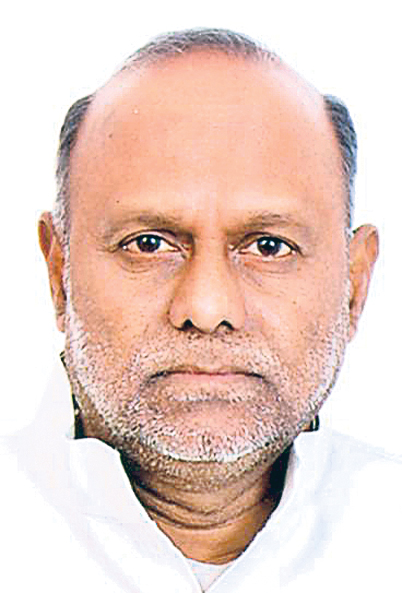(Dr Pentapati Pullarao)
The Supreme Court 7- Judge Bench, on March 4th, 2024, gave a judgment over-turning the Supreme Court 1998 judgment in the famous Shibu Soren Bribery case. Shibu Soren and some other MPs of his party allegedly took bribes to support P V. Narasimha Rao government, which was short of a majority. P.V. Narasimha Rao was prime minister between 1991- 1996.

In 1998, the Supreme court gave a judgment that an MP or MLA cannot be prosecuted if he took a bribe, he has immunity for anything he does in parliament or the state Assembly. This judgment stopped the prosecution of Shibu Soren and his colleagues. Under this judgment, no MP or MLA can be prosecuted if he took a bribe for giving his vote or supported any legislation.

Shibu Soren’s daughter-in -law Sita Soren and the case: Strangely, the Supreme court reversed the 1998 judgment because of a case filed by the MLA daughter-in-law Sita Soren of Shibu Soren himself. Sita Soren is the elder daughter in law of former Chief Minister Jharkhand and central Minister Shibu Soren and is an MLA in Jharkhand. In 2012, Sita Soren was accused of taking a bribe to vote for a candidate in Rajya Sabha elections and but did not do so. A case was filed in Special CBI court in Jharkhand in 2012 against Sita Soren, since the bribery leaked out. But Sita Soren quoted the Supreme court Judgment of 1998 and though she was arrested, the proceedings were stayed.
The Jharkhand high Court went against Sita Soren, and she was found guilty. Then Sita Soren went to the Supreme court and now the Supreme Court gave an adverse judgment against Sita Soren, MLA and daughter in law of Shibu Soren.
Irony in the case: The irony is that now the 80-year-old Shibu Soren, who is the father-in-law of Sita Soren, will be in severe trouble, since the Supreme Court has reversed the 1998 judgments of Supreme court, which projected him. The daughter-in-law Sita Soren is herself in trouble, as she lsot her case in the Supreme court. Now both father-in-law Shibu Soren and daughter -in -law Sita Soren will suffer the severe consequences of the Supreme court judgment and the cases will be revived immediately.

The Supreme Court judgment on March 4, 2024, says that “No MLA or MP can take a bribe for anything. The taking of a bribe is a separate incident and nothing to do with immunity given to MPs and MLAs”.
The Judgment means that “an MP or MLA can vote anyway he likes. There is immunity for such actions. But if the MP or MLA takes a bribe, then he must be punished”.
So, the MP or MLA has full immunity for anything he does or speaks in Parliament or legislature. But that immunity vanishes, if the MLA or MP takes a bribe.
This is a very good judgment as it ensures that bribe-taking must be punished, if any MLA or MP is involved. But the freedom to debate and speak fearlessly is still protected.
The only problem with this judgment is that it has taken nearly 10 years. Such delays make the judgment really meaningless. But the main aspect of the judgment is that “MPs and MLAs can vote or speak as they like. But they can’t take money for it “.
The other big electoral reform awaiting judgments from the Supreme court relate to spending of money in elections. For elections to be money-free and corruption-free, very big changes are needed. But that journey for clean elections has not started.

(Author is a Political and Economic analyst based at New Delhi)

